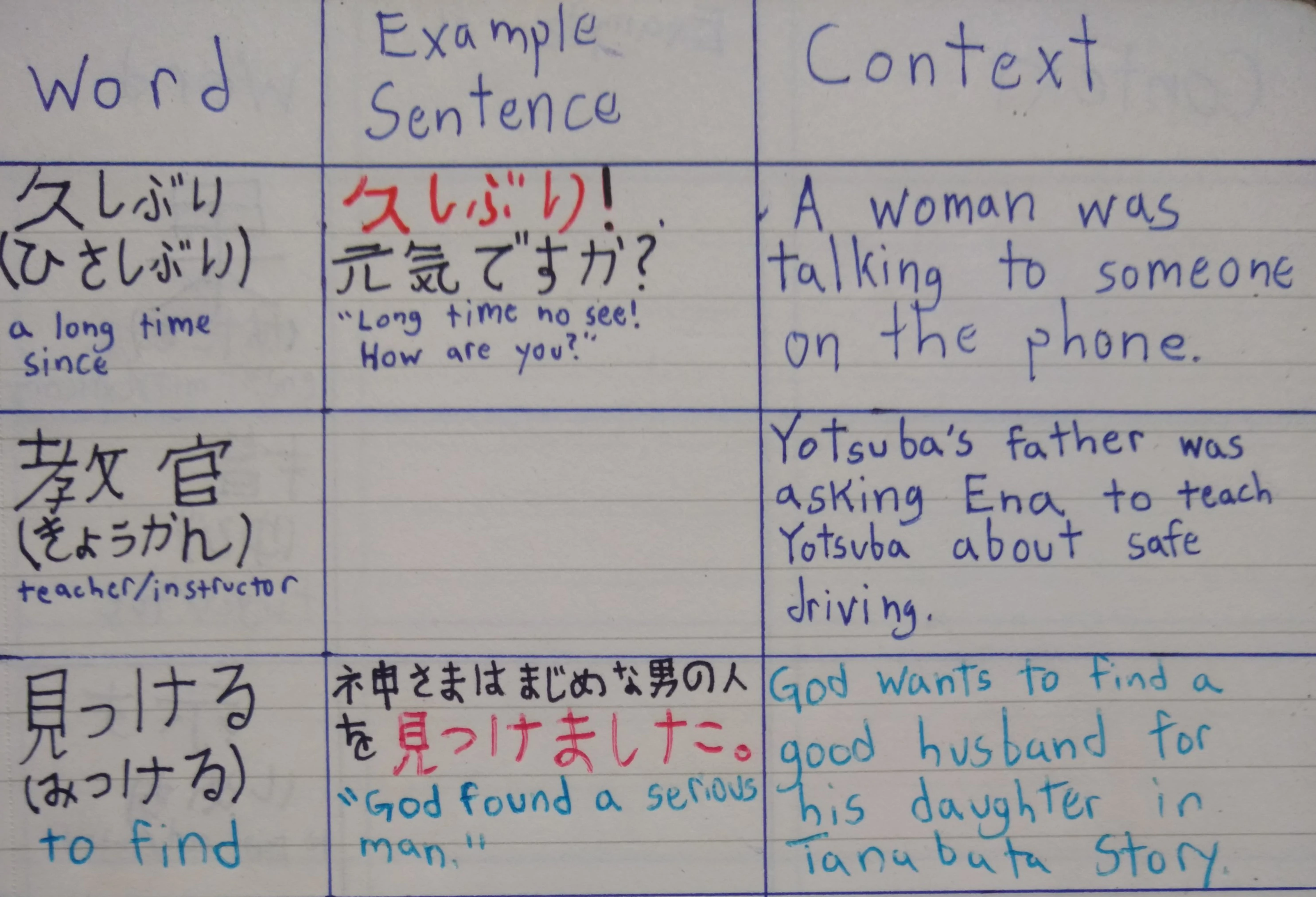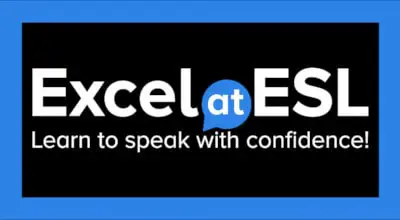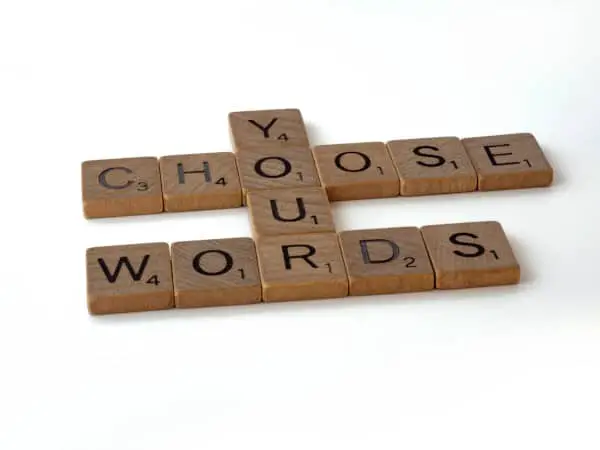English is a huge language. With over 300,000 words, English is one of the biggest languages on the planet! So with such a huge number of words it’s understandable that English learners have trouble figuring out where to start with their vocabulary studying.
But here’s the thing. You don’t need to study! That’s right. The best way to learn English vocabulary is not to study. The best way to learn English vocabulary is in context. That means engaging with native English material regularly and learning words as they’re really used.
What is “in context”?
When you learn something “in context”, this means that you learn it in its natural environment. An English word is learned in context when you are reading or listening to something produced by a native speaker.
This makes sense. There are no greater authorities on words and how they are used than native speakers, right? Use this knowledge to your advantage and learn new words by reading and listening to the types of words used by native speakers and how they use them!
How can it help?
Have you even been in a situation where you use a word, and the reaction you receive is confusion or the listener doesn’t understand what you said?
Usually this is because when we use words we learned in isolation we don’t understand their context. Knowing the context of the word is just as important as knowing the word itself. The only way to learn a word’s context is to observe it being used by native speakers “in the wild”.
This is the kind of information that learning words in isolation just cannot give you. If you learn words primarily through flashcards, then you are learning vocabulary inefficiently.
If you learn a new word in context, then you get a lot more bonus information than only the new word. A new word learned in context gives you not only the new word but also:
- the types of words it appears with
- information about the way it is used
The most powerful part of learning words in context is that you can make learning fun. The only requirement to this strategy is that you read or listen to native English material.
You’re in luck, because the internet is your greatest tool when it comes to this. Most of the content on the internet is produced in English. That means whatever your interests are you will be able to find something fun and interesting to read or listen to in English!
Some examples are:
- English language podcasts
- There are thousands of hours of English podcasts about any topic you can imagine! Do you like cooking, gardening, or playing sports? There is a podcast for your interests, guaranteed.
- YouTube videos
- Much like podcasts, there are thousands of hours of YouTube videos and thousands more uploaded every day. From make up tutorials to computer programming, you can find anything you’re interested in on YouTube in English!
- English books
- Reading is one of the best resources available for vocabulary learning. When we read we’re able to take our time, see the word’s spelling, and examine the context it appears in.
This is different from listening, because when we listen we have to do so quickly. We don’t have the same opportunity to take our time and really understand the new words. Use reading to your advantage and read as much as possible!
- Reading is one of the best resources available for vocabulary learning. When we read we’re able to take our time, see the word’s spelling, and examine the context it appears in.
- Video Games
- Do you enjoy playing video games? Then use them to learn English! There are millions of titles published in English which an English learner could use to learn new words.
Additionally, many games include an online feature where you can play with other people. You can use this feature to not only learn new words, but you can also practice speaking and make new friends!
- Do you enjoy playing video games? Then use them to learn English! There are millions of titles published in English which an English learner could use to learn new words.
These are only a few examples of the many ways you can use English media to learn new words in context. After reading these examples, are there any other ways you thought of where you can learn vocabulary in context?
Is this really true?
Yes! Think about when you learned your first language as a child. Did you have to learn new words by studying flash cards or reading long, boring word lists? No!
The most effective and enjoyable way to learn language is to learn like a child. This means learning new words “out in the wild” while we’re enjoying content of our choice.
The reason flashcards work is due to repetition. Our brains recognize things as important if they repeat. You can use this to your advantage by engaging with material you enjoy.
Content with similar themes use similar words. When you watch multiple videos or read multiple books about cooking, for example, then you’ll come across the same words multiple times. This gives you the same type of repetition that using flash cards does, but this is a lot more fun!
Another powerful aspect to learning words in context is the words we learn end up being more personal for us. If we learn a word in isolation from a flash card, it doesn’t mean much to us. However, if we learn new words during a fun conversation or while reading an interesting book, this is a more personal experience that we will remember more easily.
Using Proper Word lists.
This isn’t to say that a word list is useless, but you need to use word lists efficiently to make the most out of your study time.
Currently, part of my language studies includes Japanese. I learn most of my Japanese vocabulary in context. I don’t spend time on flash cards or pre-made word lists because they just aren’t efficient.
However, when I learn a new word in context I make sure that I catalogue it for future reference. This gives me an extra layer of repetition (writing something down is very useful for memorizing it), and I also end up creating a personalized list of words. Here’s what that looks like:

This is a page from my notebook early on in my Japanese studies. On the page you can see a chart with three columns.
- Word
- Example sentence
- Context
In the first column, “word”, I write down the new word that I learned along with a short definition or description of what it means.
In the second column, “example sentence”, I write down an example of the word being used in context. This could be one that I make up, or it could be taken directly from the source I learned it from.
In the third column, “context”, I write down the context that I first learned the word in. This is very important information. This is the information about how to use the word and the types of situations where native speakers use the word.
Learning new vocabulary in context is one of the most powerful strategies you can use to expand your English vocabulary. When we learn a new language it doesn’t have to be a boring, painful experience. We can make use of our hobbies and interests to transform our study sessions into fun and effective experiences that motivate us to continue our journey towards fluency!



